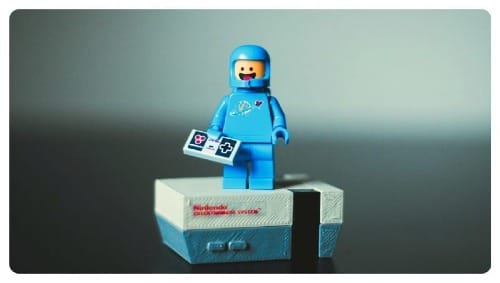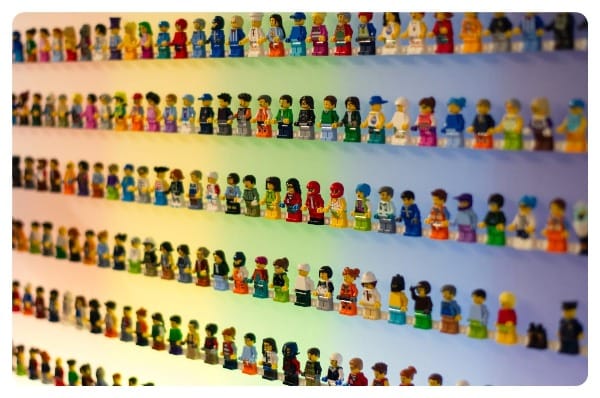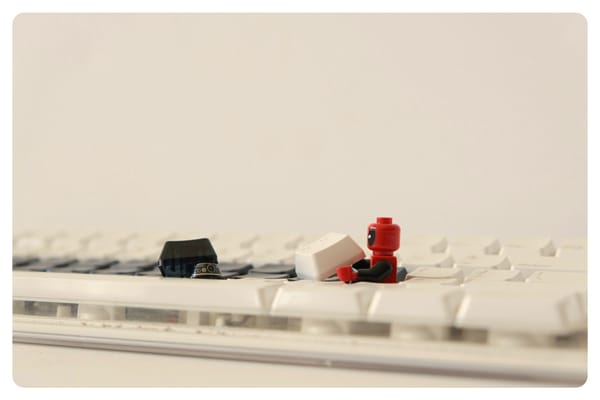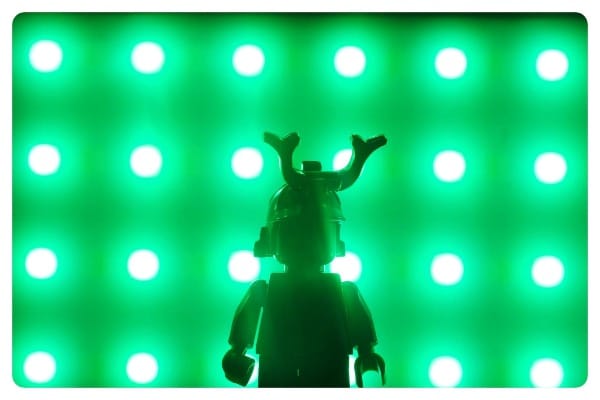👾 How to Turn Your Raspberry Pi into a Retro Gaming Console (Step-by-Step Guide)
Step-by-step guide: Turn your Raspberry Pi into a retro gaming console with RetroPie or Batocera. Includes gear recs, game setup tips & Amazon links!

🔷 Introduction
Ever wanted to relive the golden age of gaming—without digging out ancient consoles or overpaying for classic games? Your Raspberry Pi can become the ultimate retro gaming machine, bringing back everything from NES to PlayStation with RetroPie or Batocera!
This step-by-step guide will show you exactly how to do it. No coding skills required—just a Raspberry Pi, a microSD card, and a love for nostalgia! 🕹️
🛠 Important Note: Use a Separate MicroSD Card If You Have an Existing Setup!
💡 Already using your Pi for another project (like a timelapse setup or home server)? Instead of overwriting your current microSD card, use a separate one for this project so you can swap back anytime without losing data!
- ✔ Gaming MicroSD → For RetroPie/Batocera
- ✔ Project MicroSD → Keep your current setup safe
👉 If you only have one microSD card, make a backup before flashing the new OS!
🛒 What You Need to Get Started
Before we jump in, let’s make sure you have the right gear:
✅ Raspberry Pi (Preferably Pi 4 or 5 for best performance)
✅ MicroSD Card (32GB minimum, 128GB+ recommended)
- Amazon Basics Micro SDXC Memory Card with Full Size Adapter
- Samsung EVO Select microSDXC Memory Card + Adapter
- SanDisk Extreme microSDXC Memory Card with Adapter
✅ Power Supply (CanaKit 45W USB-C Power Supply recommended)
- CanaKit 45W USB-C Power Supply with PD and PiSwitch (On/Off Switch)
- CanaKit 45W USB-C Power Supply with PD
✅ Controllers (USB or Bluetooth, Xbox & PlayStation controllers work great!)
- KIWITATA 2X Classic SNES USB Controller for Retro Gaming
- 8Bitdo SN30 Pro Bluetooth Controller
- 8Bitdo Ultimate C Wired Controller
- 8Bitdo Pro 2 Bluetooth Controller
- Retro-Bit Official Sega Genesis USB Controller 6-Button Arcade Pad
- Retro-Bit Official Sega Genesis USB Controller 8-Button Arcade Pad
✅ Micro HDMI to HDMI Cable (for connecting Pi 4/5 to a monitor or TV)
✅ USB Keyboard (Optional) (for setup & configuration)
🧩 Step 1: Download RetroPie or Batocera
Both are great options—but here’s how they differ:
| Feature | RetroPie | Batocera |
|---|---|---|
| Customization | Highly customizable | Simple, plug-and-play |
| Best For | Tinkerers & customizers | Beginners |
| Media Center | Optional Kodi add-on | Built-in Kodi |
💾 Step 2: Flash the OS to Your MicroSD Card
- Download the OS (RetroPie or Batocera)
- Use Raspberry Pi Imager or balenaEtcher to flash the OS
- Insert the card into your Raspberry Pi and power it on!
🚨 Reminder: Flashing will erase everything on the card. If you have important data, use a different card or back it up first!
🎮 Step 3: Configure Your System & Controllers
🕹️ RetroPie: On the first boot, RetroPie will ask you to configure your controller. Follow the on-screen instructions. Use a USB keyboard to access settings if needed.
🎮 Batocera: Most controllers are auto-detected. For Bluetooth, head to Main Menu → Controller Settings → Pair.
📂 Step 4: Add Games (ROMs)
For RetroPie:
- Connect to WiFi & Enable Samba File Sharing in RetroPie settings.
- On your PC, open File Explorer (Windows) or Finder (Mac) and type:
\\retropie - Drag and drop ROMs into the corresponding system folder (NES games go into the "nes" folder, etc.).
For Batocera:
- Plug in a USB drive and format it
- Create a folder named
roms - Transfer your games via PC
💡 Legal Note: Only download ROMs for games you legally own.
🧪 Step 5: Optimize, Tweak, and Theme It
🆙 Boost FPS & Smooth Gameplay:
- In RetroPie, go to Settings > Performance Options and enable overclocking (only if using a heatsink & fan).
- In Batocera, tweak graphics settings for better performance in PSP/N64 games.
🎨 Make It Look Awesome:
- Install custom themes for a modern interface.
- Enable shaders & scanlines for that classic CRT feel.
🎤 Want to Add Background Music?
- RetroPie & Batocera let you add background music to menus - just drop MP3 files into the music folder!
🎮 Final Thoughts: Time to Play!
👾 Congratulations! You’ve turned your Pi into a retro gaming beast. Whether you're reliving your NES childhood or trying out PS1 classics, your tiny Pi is now a powerful nostalgia machine.
💬 Which classic game are you playing first? Let me know in the comments!
π Happy Pi Day!
📌 Affiliate Note: As an Amazon Associate, I earn from qualifying purchases. This post contains affiliate links, which means I may earn a small commission if you click and buy—at no extra cost to you. Thanks for your support!





